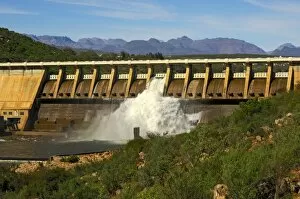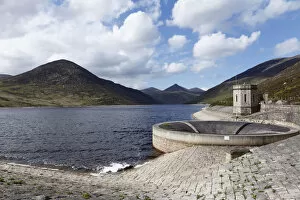Water Management Collection
"Addressing the Challenges of Water Management
For sale as Licensed Images
Choose your image, Select your licence and Download the media
"Addressing the Challenges of Water Management: A Call for Action" Water management plays a crucial role in ensuring sustainable development and preserving our precious natural resources. Recent events like the Romney Lock BB026184 incident and the devastating Pooncarie Fish Deaths have highlighted the urgent need for effective water management strategies. The Pooncarie Fish Deaths serve as a stark reminder of the consequences of mismanaging our water systems. These tragic incidents not only impact aquatic life but also disrupt entire ecosystems, affecting local communities that rely on these waterways for their livelihoods. In response to such crises, communities are coming together, exemplified by the NSW Water Community Meeting held in Pooncarie. This gathering serves as a platform for concerned citizens, experts, and policymakers to discuss potential solutions and address pressing issues surrounding water management, and is imperative that we prioritize proactive measures to prevent future disasters and includes implementing robust monitoring systems, adopting sustainable irrigation practices, and promoting responsible usage among all stakeholders. By doing so, we can ensure equitable access to clean water while safeguarding fragile ecosystems. Furthermore, collaboration between government bodies, environmental organizations, farmers' associations, and local communities is essential in developing comprehensive policies that balance economic growth with environmental conservation. Only through collective efforts can we achieve long-term sustainability in managing our valuable water resources. As individuals within society at large, it is incumbent upon us to be mindful of our own consumption patterns and make conscious choices regarding water usage. Small changes like fixing leaky faucets or practicing efficient gardening techniques can collectively make a significant impact on reducing wastage. Water management requires an integrated approach that takes into account ecological factors alongside socio-economic considerations. It necessitates continuous dialogue among all stakeholders involved – from scientists conducting research to policymakers formulating regulations – fostering an inclusive decision-making process based on scientific evidence and community input. Let us seize this opportunity presented by recent events as a wake-up call to reevaluate our water management practices.





